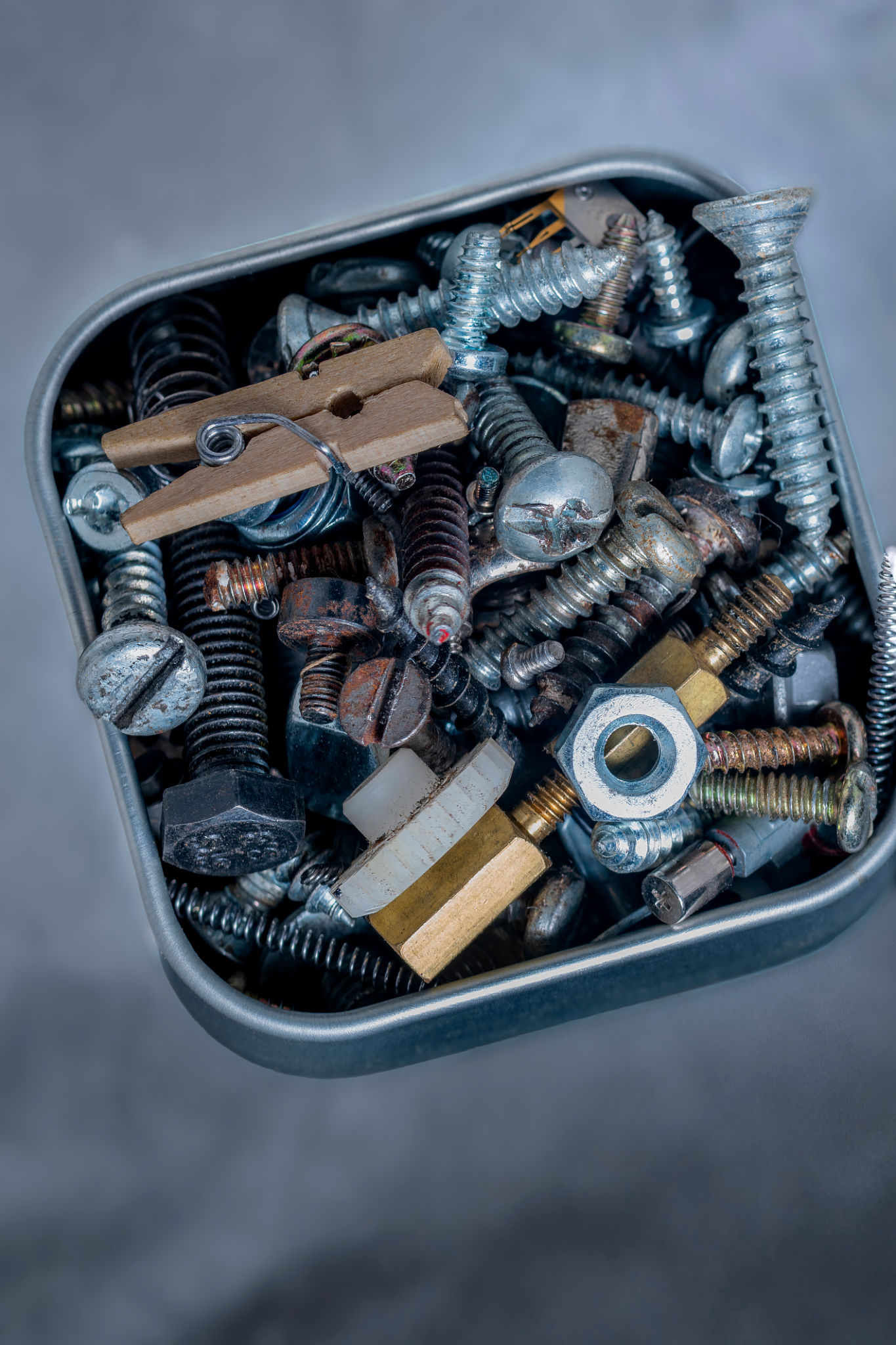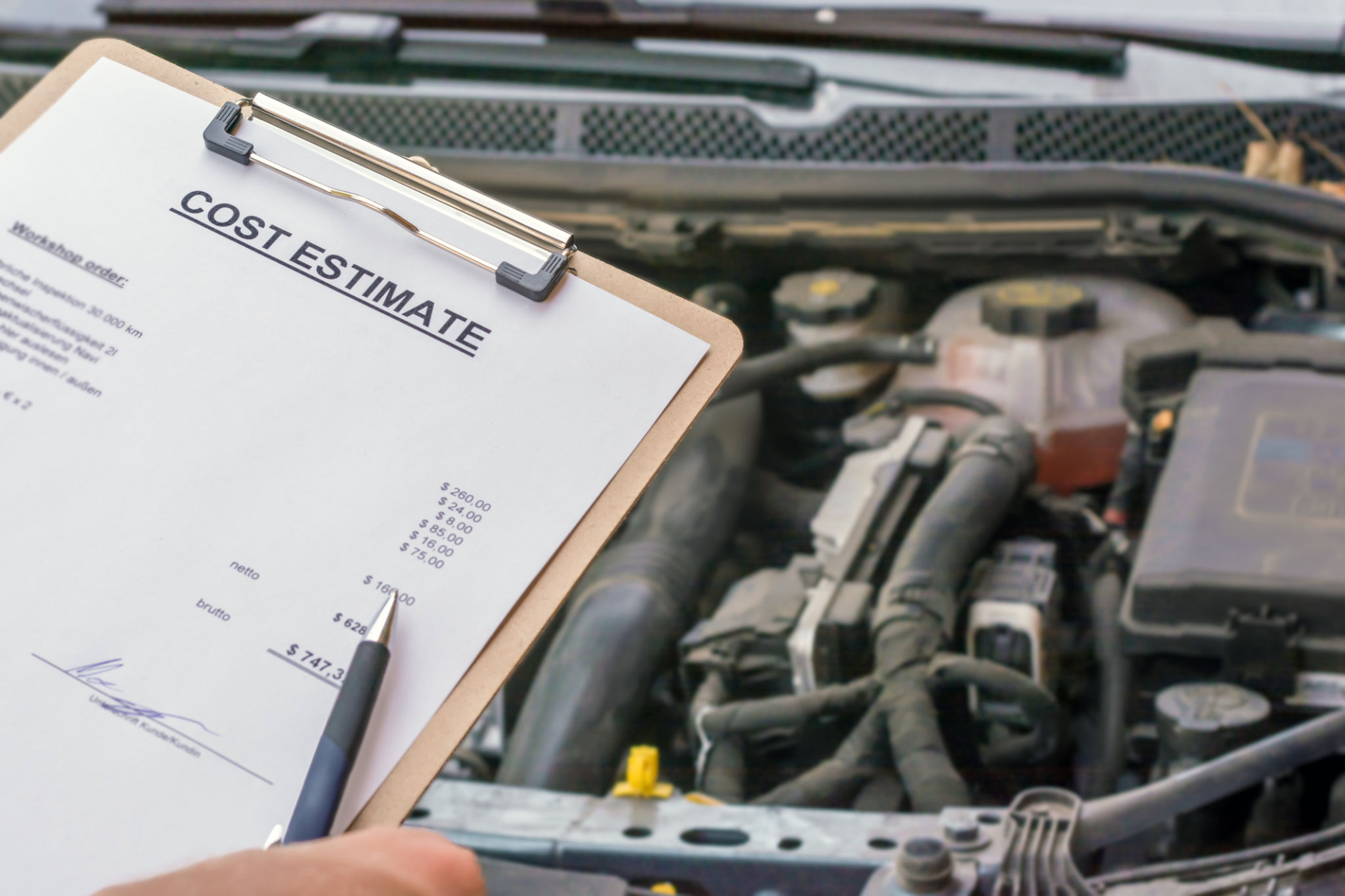Understanding Hawaii's Auto Repair Regulations: What You Need to Know
Introduction to Hawaii's Auto Repair Regulations
Understanding the auto repair regulations in Hawaii is crucial for both vehicle owners and repair shops. These regulations are designed to ensure safety, promote transparency, and protect consumer rights. Whether you're a resident or a visitor in need of vehicle repairs, knowing these rules can save you time and money.

Licensing Requirements for Repair Shops
In Hawaii, all auto repair shops must be licensed by the Department of Commerce and Consumer Affairs (DCCA). This ensures that each shop meets a set standard of competence and professionalism. The DCCA regularly inspects these facilities to maintain industry standards. As a consumer, you should always verify that a repair shop is licensed before entrusting them with your vehicle.
How to Verify a Shop's License
Checking a shop's license status can be done easily online through the DCCA's website. This step can provide peace of mind by confirming that the shop complies with state regulations and has the necessary qualifications to perform repairs.
Consumer Rights and Protections
Hawaii's auto repair regulations also focus heavily on consumer rights. Repair shops must provide a written estimate before starting any work, detailing the nature of the repairs and the expected costs. This transparency helps prevent unexpected charges and gives consumers the ability to make informed decisions.

Dispute Resolution
If a dispute arises between a consumer and a repair shop, Hawaii offers several avenues for resolution. The Regulated Industries Complaints Office (RICO) is available to mediate disputes, ensuring that consumer complaints are addressed fairly and promptly.
Environmental Considerations
Environmental regulations are an important aspect of auto repair laws in Hawaii. Repair shops must adhere to strict guidelines regarding the disposal of hazardous materials, such as oil and batteries. These rules are in place to protect Hawaii's unique ecosystem from potential harm.

Recycling Programs
Many repair shops participate in recycling programs for materials like oil and tires. By choosing shops that engage in sustainable practices, consumers can contribute to environmental preservation efforts.
Conclusion
Navigating Hawaii's auto repair regulations can seem daunting, but understanding the basics can greatly benefit consumers and shop owners alike. By ensuring compliance with licensing requirements, recognizing consumer rights, and adhering to environmental guidelines, everyone involved in the auto repair process can contribute to a safer and more transparent industry.